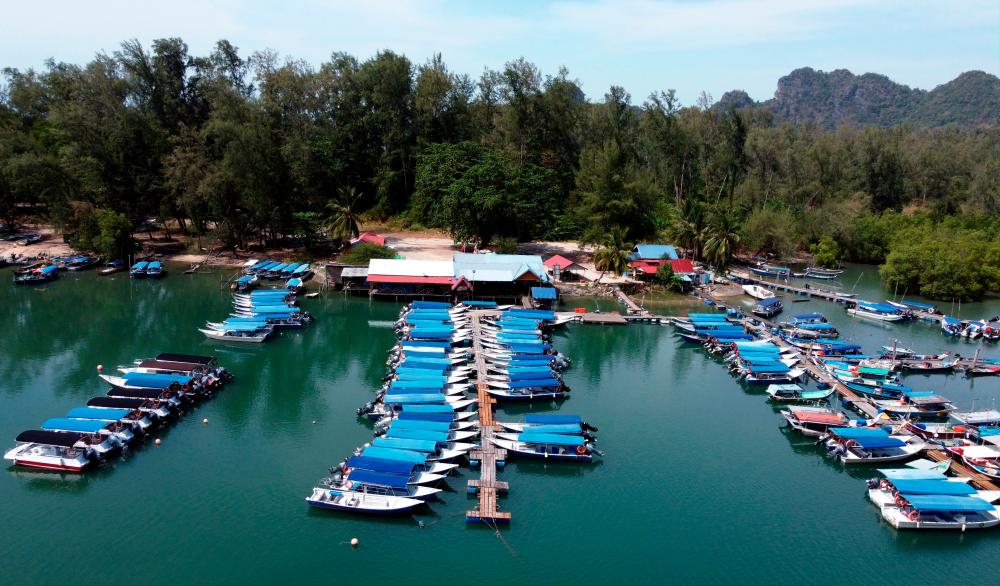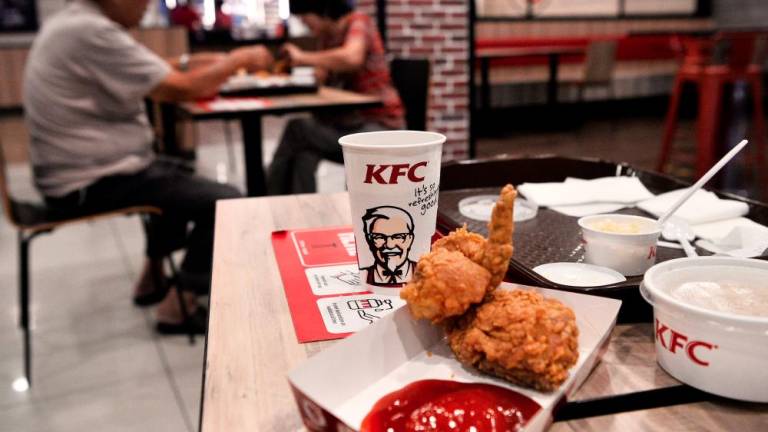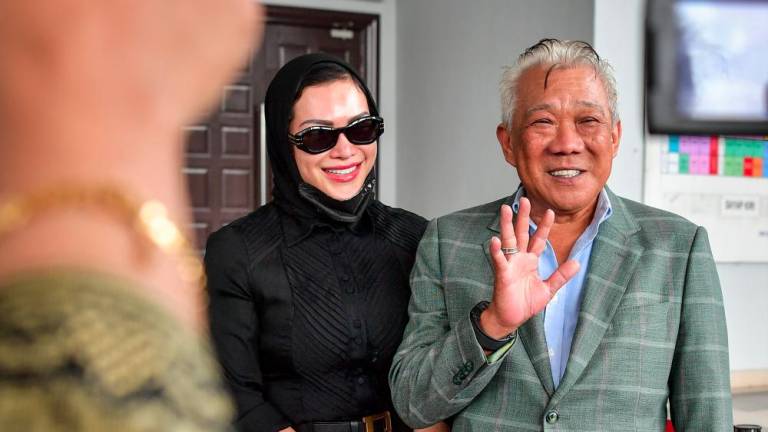PETALING JAYA: If 2020 was a bad year for the tourism sector, 2021 is turning out to be worse. The latest round of movement control order (MCO), which now covers the entire country except Sarawak, has dented many businesses, more so those in the tourism industry.
With interstate travel put on hold, many players in the industry are staring at the possibility of pulling down the shutters for good.
As a matter of fact, the Malaysian Association of Hotels expects more hotels to close if the MCO is extended and there is no support from the government.
No one summed it up better than Langkawi Tourism Association chief executive officer Zainudin Kadir when he said yesterday: “We are paralysed.
“The benchmark for tourism in Malaysia is Langkawi, and we are almost completely dependent on it for survival,” he pointed out.
Zainudin said most of the 118,000 people who live on the island depend solely on tourism for a living.
The statistics are a stark reminder that tourism in Langkawi will soon be put on life support if its many hotels and chalets, white sandy beaches and laid-back charm continue to be isolated from the rest of the country.
In 2019, the resort island received 3.97 million visitors, the highest in its history. Last year, the number dropped to 1.8 million due to the closure of international borders.
“In December last year, we had 245,000 tourists, down from half a million in December 2019, but that was because there were many foreign tourists before the Covid-19 pandemic,” Zainudin said.
There was a 10% increase in the number of local tourists in December last year, but that was not enough to make up for the shortfall in arrivals from overseas.
“To have zero visitors (from abroad) so far this year is heartbreaking.”
He said no one, from transport providers and souvenir vendors to hoteliers and restaurateurs, has been spared.
“Many are now turning to agriculture and fishing to survive. Some are planting vegetables for sale in the market for now, while the boatmen are out fishing daily,” he said.
“Even then, we can’t sell fish to neighbouring states like Perlis due to the movement restrictions.”
Zainudin, who has lived on the island for 36 years, is working on a memorandum to be sent to the prime minister.
“We need the island opened as soon as possible. Otherwise, the government needs to find a way to assist us until we can reopen.”
For Taman Negara tour operator Jason Yap, the monsoon season, combined with the travel restrictions, has left the country’s largest national park in a dire state.
“The bulk of our customers come from Kuala Lumpur, Penang and Johor. When the number of Covid-19 cases started to rise, tour operators were afraid to accept visitors from those states. From Oct 6, the park was closed and everyone was affected. My sales dropped by 95%,” he said.
Yap, who also owns a homestay facility and doubles as a tour guide, said the park was thriving in August and September, when interstate travel was permitted.
“At the time, even people who didn’t know about Taman Negara came,” he said. Like Langkawi, the local community in the area depends solely on visitors for income.
Yap has not been able to pay his four staff but said they understand his plight and are willing to wait until the situation gets better.
For now, Yap said he has no plans to ditch his passion just yet.
“I have been working here for 12 years and I am attached to it. I consider this my home now. For the time being, I am working in an orchard to make ends meet,” he added.










